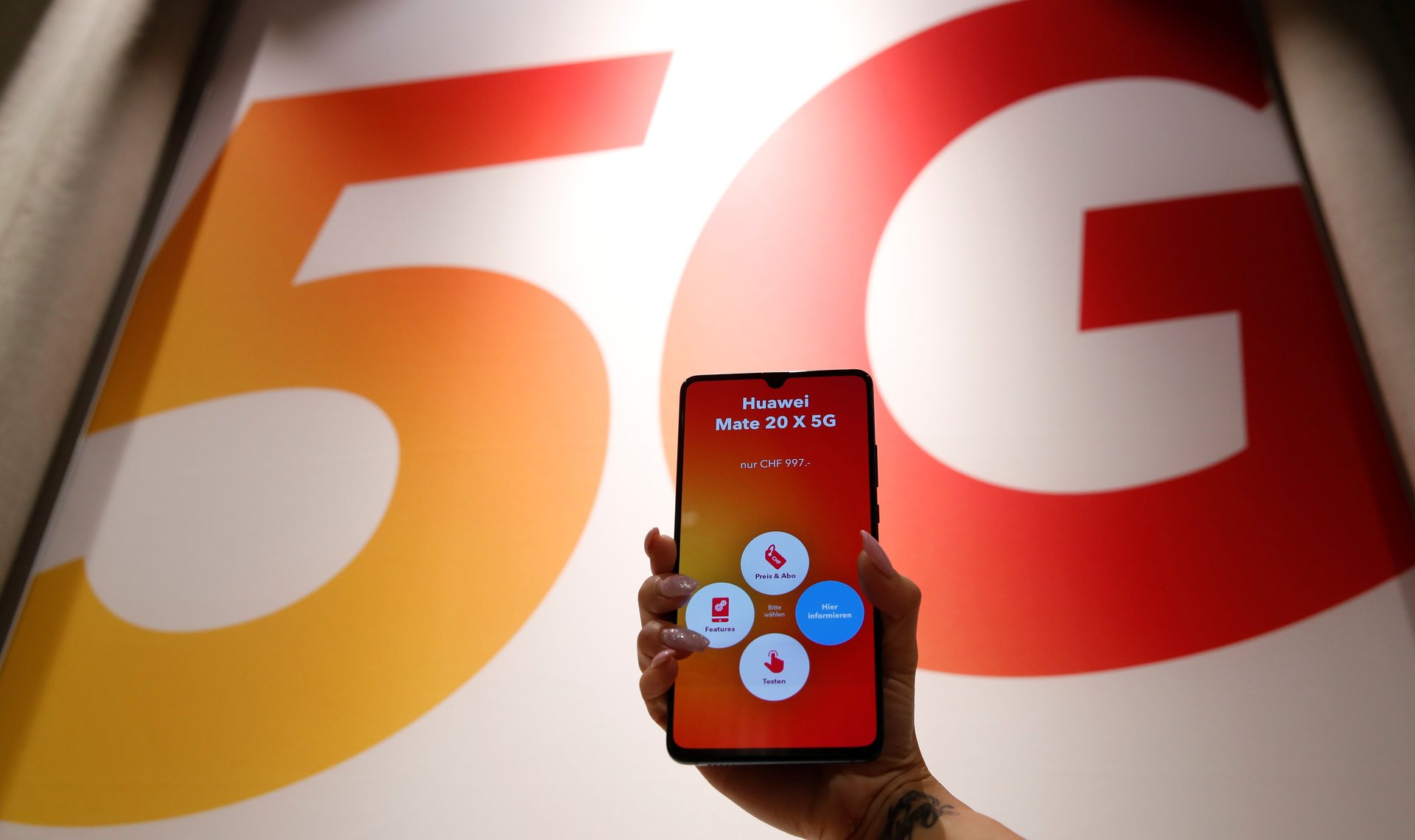Chinese brands are in the lead as Africa's demand for 5G smartphones grows
The launch of more affordable devices by several vendors is fueling this high adoption, and IDC believes as competition rises, prices will decline.

As more countries in Africa keep testing 5G networks, their citizens are upgrading from 4G smartphones to 5G-enabled ones, so they can be part of what Big Tech foresee will be the ignition point of the global digital economy.
Despite the slow pace of 5G network infrastructure development in Africa, the enthusiasm to be part of the next generation of the internet age remains high.
To match this demand, 5G smartphone manufacturers are competing on this market with Chinese brands leading the way according to second quarter data published by the International Data Corporation (IDC), a US-based tech research firm.
“Shipments of 5G devices increased 26.9% in Q2 2022 and their share of the overall market is growing as major brands launch more flagship 5G devices into the market,” George Mbuthia, a senior research analyst at IDC says in the report.
5G smartphones are becoming more affordable in Africa
The launch of more affordable devices by several vendors is fueling this high adoption, and IDC believes that as competition rises, prices will keep declining. When some countries launched 5G networks last year, it was seen as a leap of faith as there was widespread lack of 5G-enabled smartphones. But now is a moment for pay-off, given the heavy investments needed to set up 5G infrastructure.
Last March, global 5G smartphone sales surpassed 4G ones for the first time ever, hitting 51%. “The top three smartphone markets in Africa by unit share in Q2 were South Africa (16.6%), Nigeria (13.8%), and Kenya (7.7%),” IDC states.
The report indicates that the average selling price of smartphones in Africa declined by 3% due to a sharp 22.3% fall in shipments volumes of midrange devices costing between $200 and $450. However, at 73.9%, 4G phones still account for the biggest share of overall shipments, with 3G and 5G accounting for shares of 18.5% and 7.6%, respectively.
China’s smartphone market dropped by 14.7% in the same quarter due to covid-19 lockdowns, while the global market shrank by 8.7% in the fourth quarter running, to 286 million units.
But even with this decline, the demand for Chinese smartphones continues to rise, with smartphone manufacturer Transsion Holdings which manufactures Tecno, Infinix, and Itel brands, outpacing Samsung to become the new market leader in the second quarter at 48%, compared to Samsung’s 25.8% after its shipments reduced by 11.3%.
Even the third-placed manufacturer—Xiaomi—is Chinese. It has a 6.6% unit share in Africa as Apple, which charges the highest for smartphones, continues to struggle to penetrate the market due to its closed-source operating system. Android OS rules in Africa at 84% of the market, leaving iOS with only 16%.
However, rising inflation, the Ukraine war and semi-conductor shortages across the world caused a 7.9% slump in smartphone shipments in the second quarter, but IDC projects growth in the third and fourth quarters, at 16.9% and 9.5%, respectively.